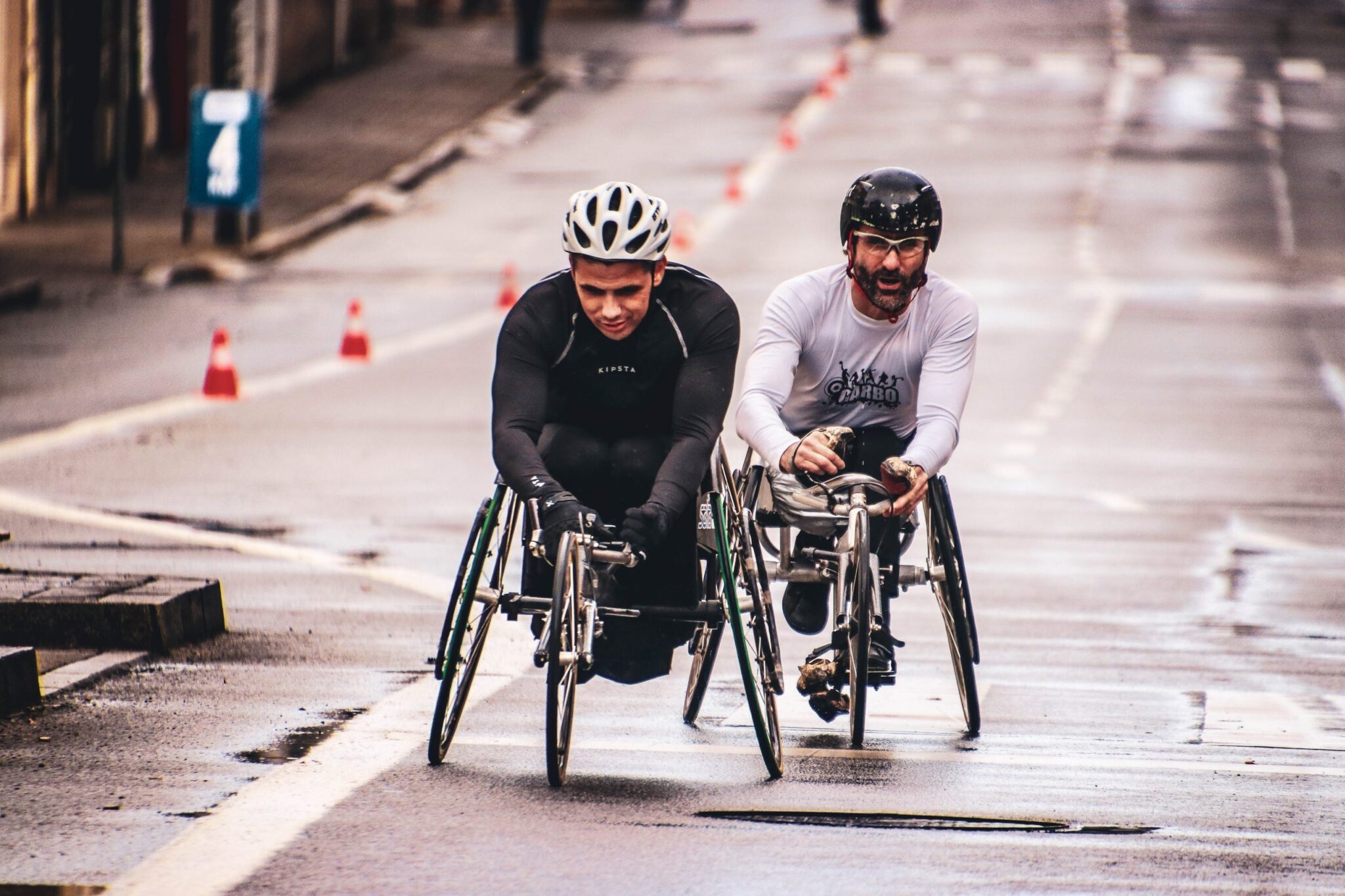When living when a disability or chronic illness, getting active can sometimes be a challenge. Whether it’s managing pain or mobility problems, finding an appropriate exercise regime can take a little trial and error. Rest assured, there are a number of exercises out there that can be achieved and adjusted to suit your lifestyle.
1 . Boccia
Boccia is a type of Paralympic sport, which is pretty similar to bowls. The game involves propelling balls towards a marker ball called ‘the jack’. Players do this from a seated position (generally using a wheelchair). You can play in teams or as individuals, whoever gets a ball closest to the jack in that round scores a point. Players also get another point for every ball nearer to the jack than the other team’s balls. The game continues like so, and all the points are added up at the end to determine the winner(s). To propel the balls, you have the option to kick, throw or roll using a ramp. Those unable to use their hands can use assistive devices to play Boccia. For the sporty types out there, Boccia club could be a great New Year’s Resolution!
2 . Water Exercise
Exercises in water may be a viable option, depending on your type of disability or illness. Water aerobics, for example, can be an achievable and gentle exercise for those with reduced mobility. Water offers a beneficial weightlessness which can make it easier to move more freely. Exercising in the water, even for a short duration, can be a valuable form of physical therapy to build up strength over time. Getting active in the water is particularly relaxing and can help participants to build confidence ongoing.
3. Yoga & Stretches
Yoga and stretches can be adapted to your level of mobility or condition. Many stretches can be achieved sitting if appropriate, while online videos and apps are useful to practice in the comfort of your own home. Even light stretches are beneficial to build up strength and flexibility over time. Yoga can help to ease stiff joints and aid those who are recovering from injuries. What’s more, yoga is further beneficial for calming the mind and easing anxiety.
4. Adjust Your Home
Making appropriate adjustments to your home can make it easier to achieve an exercise regime. If you are unable to tackle the stairs, or find it difficult to, it can be a good idea to look for a lift by checking out a suppliers website. Those unable to get to the gym could look into a few home gym accessories or equipment; from small weights to straps or even a rowing machine (if appropriate).
Most importantly, start small and build up your regime gradually. Listen to your body and don’t push yourself too far. Talk to your doctor and ask for further advice about the best exercise option for you personally. The Parasport website can be a useful site to search for clubs around your local area. Here you’ll also find information about Accessibility Festival 2020.
This is a collaborative post.


